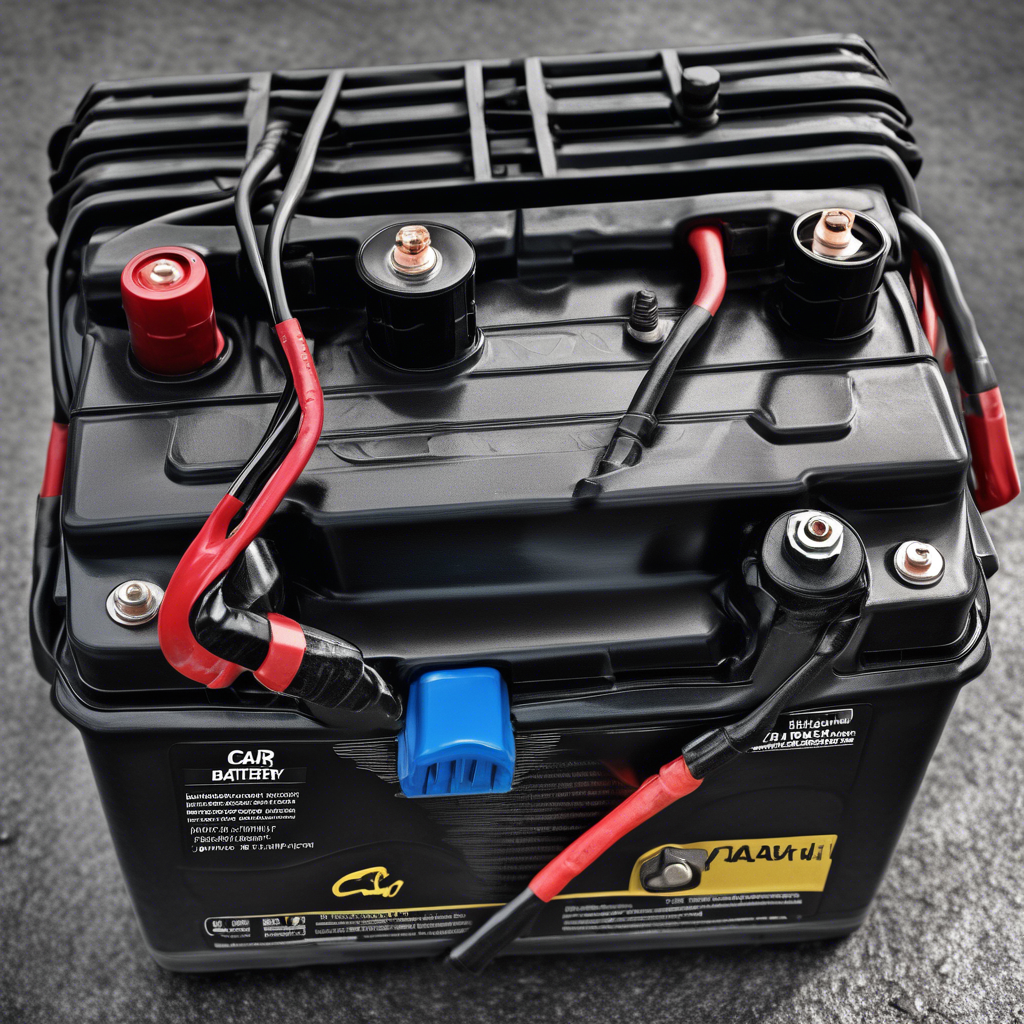Yes, a car battery can shock you if you come into contact with the electrical components of the battery or the terminals. It is important to handle car batteries with caution and follow the necessary safety precautions to avoid any accidents or injuries. Here are some important points to keep in mind when dealing with car batteries to prevent the risk of electric shocks:

1. Wear protective gear: When working with a car battery, it is important to wear appropriate protective gear, such as gloves and safety glasses, to protect yourself from any potential electric shocks or acid exposure.

2. Insulate tools: When working on a car battery, always use insulated tools to prevent any accidental contact with the electrical components or terminals. Insulated tools reduce the risk of electric shock by providing a protective barrier between you and the electrical current.
3. Avoid metal contact: Be cautious when handling car batteries to avoid any metal contact with the terminals or electrical components. Metal objects can conduct electricity and increase the risk of electric shock. Use caution when attaching or removing cables from the battery to prevent accidental contact with metal surfaces.
4. Keep the area dry: Always work in a dry and well-ventilated area when dealing with car batteries. Moisture can increase the conductivity of electricity and heighten the risk of electric shock. Make sure to keep the battery and surrounding area dry to reduce the risk of accidents.
5. Handle with care: Car batteries contain sulfuric acid, which is corrosive and can cause burns if it comes into contact with your skin or eyes. When handling a car battery, be careful not to spill any acid and avoid touching your face or eyes. If any acid spills, clean it up immediately with a neutralizing agent and dispose of it safely.
6. Disconnect the battery: Before working on a car battery, always disconnect the negative terminal first to prevent any accidental short circuits or electric shocks. It is important to follow the proper procedure for disconnecting and reconnecting the battery to avoid any safety hazards.
7. Inspect for damage: Before using a car battery, inspect it for any signs of damage, such as cracks, leaks, or corrosion. Damaged batteries can be more prone to electrical malfunctions and pose a greater risk of electric shock. Replace any damaged batteries immediately to ensure safe operation.
By following these safety tips and guidelines, you can reduce the risk of electric shocks when working with car batteries. Always prioritize safety and exercise caution when handling electrical components to prevent accidents and injuries.
